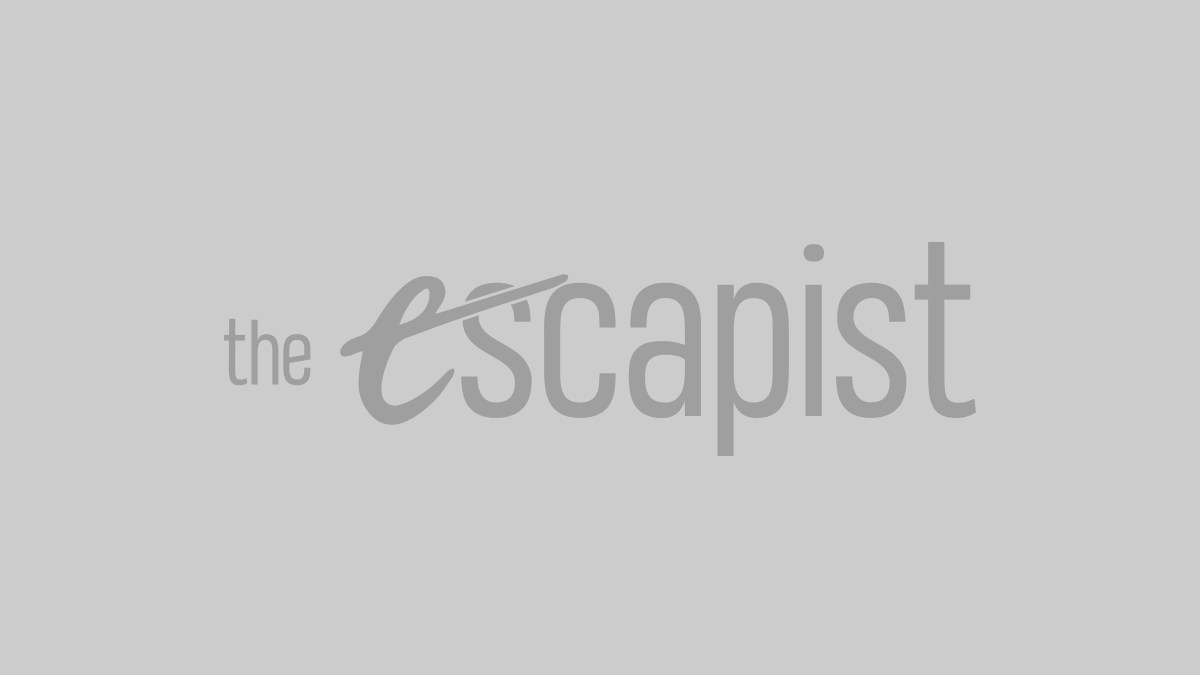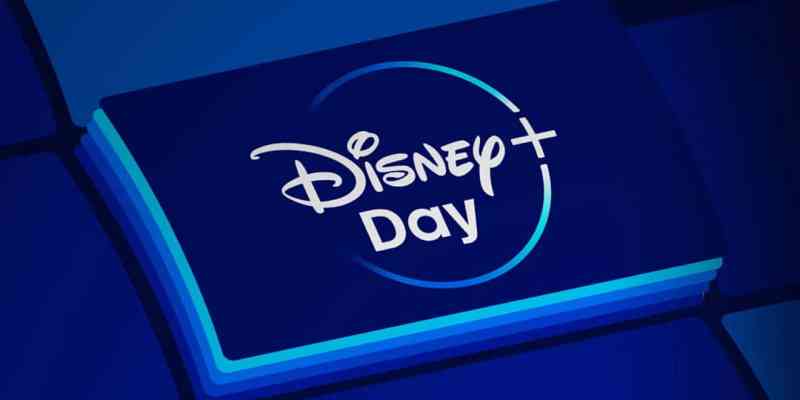Ahhh, November. There’s nothing like the start of the holiday season. We’re starting to see lower temperatures (kind of), travel plans are brewing(-ish), and we’re getting ready for some hard-earned time off (well, some of us). Now, I know what you’re thinking: “What do you mean ‘the start of the holiday season’?! — we’ve barely started November! Get outta here!”
Just like the weekly “case of the Mondays,” annual kvetching about the “too early” start of holidays seems to be fully integrated into our biological clocks. This year, though, things are different. That’s because this year, with the recent Disney+ Day, the holiday season is actually starting early — at least for Disney fans.
Disney+ Day took place last Friday, November 12 as a corporate-engineered holiday designed to celebrate the two-year anniversary of Disney+. To promote the celebration, Disney gave everyone presents! Well, to be more accurate, Disney gave everyone coupons! Even more accurately, Disney gave one coupon, for new or lapsed subscribers only, good “for one month*.” But no matter.
Disney+ Day is the latest corporate event to follow in the footsteps of Amazon’s Prime Day — July 15 — which celebrates the anniversary of Amazon, complete with a variety show (the “Prime Day Show”), concerts, and, of course, hundreds of millions of discounted sales.

Sure, neither Disney+ Day nor Prime Day is an “official” holiday. Legally speaking, a day only counts as a holiday if it has been designated as a holiday through an act of Congress, as set out at 5 U.S.C. § 6103. (There are currently 12 permanent holidays.) Presidents can also declare one-off holidays using executive orders. For example, President Bush ordered that June 11, 2004 be treated like a holiday, in honor of Ronald Reagan, who had died the week before. States are free to designate their own holidays, too, but they tend to carry less caché than the Big 12 — people aren’t exactly lining up for coupons for Alabama’s Fraternal Day or Alaska’s Seward’s Day. (“Remember, remember, the… 24th Secretary of State.”)
Legal formalism doesn’t amount to much, though, since legal holidays only make a difference to government employees. Contrary to common belief, other workers aren’t entitled to time off, overtime pay, or any other benefits typically associated with holidays. While some employers acknowledge federal holidays and build them into work schedules, those practices are strictly voluntary and speak more to the cultural significance of the events than to any legal requirement.
In this sense, the question for Disney+ Day is the same as for any other holiday or celebration — does the event have enough cultural significance to justify its continued existence as a day worth celebrating? Formal holidays like Christmas, Thanksgiving, and the Fourth of July pass this test with flying colors, since each is grounded in history, has centuries worth of shared traditions and practices, and is so widely adopted as to be inescapable during its respective day of celebration. The same is true, though to a lesser extent, for informal holidays like Halloween or Easter.

No one contends that Disney+ Day is comparable to those heavy hitters. But it’s not trying to be. The goal of the event was to generate interest in Disney+ and give fans something to look forward to. In that sense, the event was a success, even if it was also a transparent attempt to increase stock prices and subscriber rates. And while Disney+ Day is new, it doesn’t take much to outpace “official” holidays like Labor Day or Columbus Day, which have long since lost cultural relevance. (Did you know Labor Day was named as a holiday to appease union workers after a riot?)
This doesn’t mean we should expect Congress to shut down the mail for Disney. But whether we like it or not, we live in an age of mega-corporations, where it is virtually impossible to function in society without using (or being used by) the likes of Google, Facebook, Amazon, and Disney. There is no question that, for most people, any one of these companies plays a more significant role than most holidays, formal or not. So while it seems silly and self-absorbed for Disney to create a (seemingly arbitrary) self-celebration day, the reality is that we — as a society and as individuals — owe it to ourselves to consider how Disney and other mega-corporations impact society.
Formally recognized or not, Disney+ Day provides an opportunity to reflect on Disney’s cultural footprint and to consider the significance (both good and bad) of the company’s dominance. Viewed in this light, it’s not too far-fetched to imagine that Congress might someday create a federal holiday relating to Disney or to big business more generally.
For now, Disney+ Day is win-win, regardless of one’s views on corporate politics. For Disney fans, the event provides a friendly and exciting on-ramp to the ever-earlier holiday season. For Disney critics, it provides yet another example of Disney’s dystopian influence and thus validates long-standing criticisms. Everyone else can be thankful that they still have another two weeks of pre-holiday season bliss to enjoy before Mariah Carey comes to haunt us all for the 27th consecutive year.
